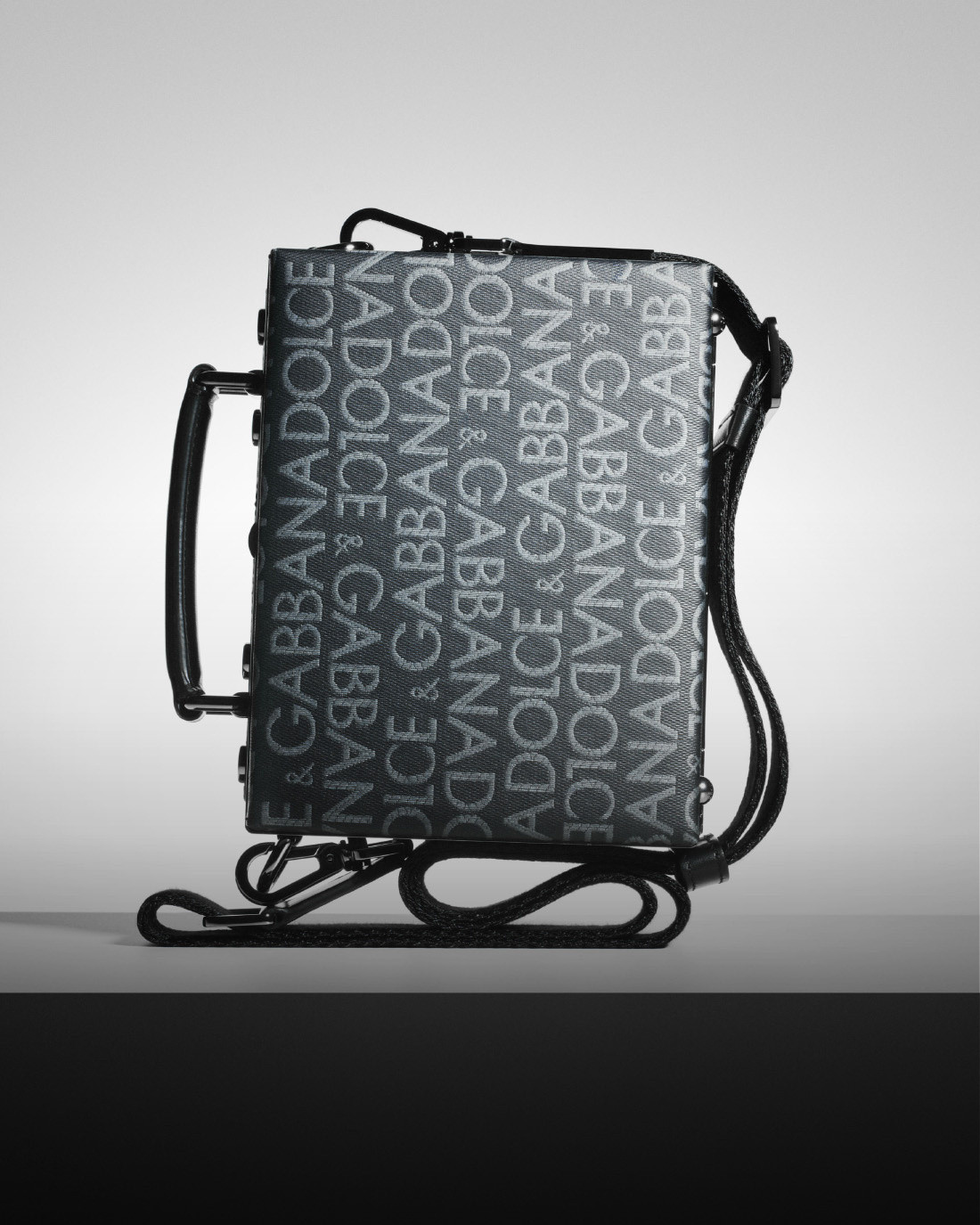商品の詳細
ドルチェ\u0026ガッバーナ レザー ショルダーバッグ 黒 パンサー
正規店にて購入
1度使用、内側にのり染みがあります。擦れば、少し取れそうな感じです。
サイズ 横30 縦13.5 マチ8.5
自宅保管の為、神経質な方はご購入をお控えください。
他のフリマにも出品しておりますので、
購入希望の方はコメントいただけると助かります。
コンパクトな梱包になります。
返品は受け付けておりません。
正規店にて購入
1度使用、内側にのり染みがあります。擦れば、少し取れそうな感じです。
サイズ 横30 縦13.5 マチ8.5
自宅保管の為、神経質な方はご購入をお控えください。
他のフリマにも出品しておりますので、
購入希望の方はコメントいただけると助かります。
コンパクトな梱包になります。
返品は受け付けておりません。
商品の説明

ドルチェ&ガッバーナ レザー ショルダーバッグ 黒 パンサー ...

DOLCE&GABBANA - ドルチェアンドガッバーナ DOLCE&GABBANA Capricorn ...

ドルガバ/DOLCE&GABBANA バッグ ショルダーバッグ 鞄 メンズ 男性 男性用レザー 革 本革 ブラック 黒 シボ革 シュリンクレザー

DOLCE&GABBANA - ドルチェアンドガッバーナ DOLCE&GABBANA Capricorn ...

ドルチェ&ガッバーナ ドルガバ DOLCE&GABBANA ショルダーバッグ ロゴプレート 黒 レザー メンズ

DOLCE&GABBANA ドルチェアンドガッバーナ ショルダーバッグ - 黒 ...

ドルガバ/DOLCE&GABBANA バッグ ショルダーバッグ 鞄 メンズ 男性 男性用レザー 革 本革 ブラック 黒 クロスボディバッグ

ドルチェ&ガッバーナ レザー ショルダーバッグ 黒 パンサー ドルチェ ...

ドルガバ/DOLCE&GABBANA バッグ ショルダーバッグ 鞄 メンズ 男性 男性用レザー 革 本革 ブラック 黒 クロスボディバッグ

ドルチェ&ガッバーナ ショルダーバッグの値段と価格推移は?|42件の ...

ドルチェ&ガッバーナ公式オンラインストア - Dolce&Gabbana

ドルチェアンドガッバーナ(DOLCE&GABBANA)DEVOTION|ミニバッグ ...

ドルチェ&ガッバーナ バッグの値段と価格推移は?|106件の売買データ ...

ドルガバ/DOLCE&GABBANA バッグ ショルダーバッグ 鞄 メンズ 男性 男性用レザー 革 本革 ブラック 黒 クロスボディバッグ
レディース・バッグ・ショルダーバッグのデイリーランキング
この商品を見ている人におすすめ
-
-

タイヤ
¥6,400
-

ホイール
¥5,585
-

タイヤ/ホイールセット
¥29,646
-

タイヤ/ホイールセット
¥22,000
-

タイヤ/ホイールセット
¥34,290
-










![値下げ❗️[新品]セオリーレディースダウンロングコート L](https://static.mercdn.net/item/detail/orig/photos/m61869823217_1.jpg)